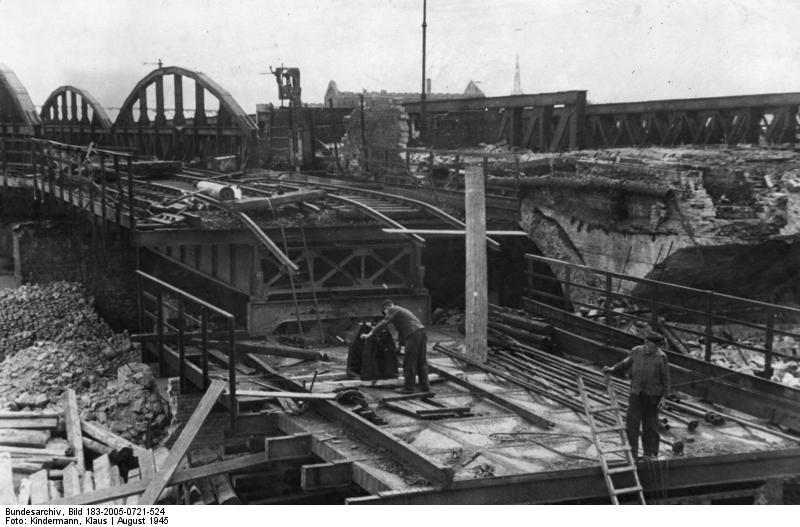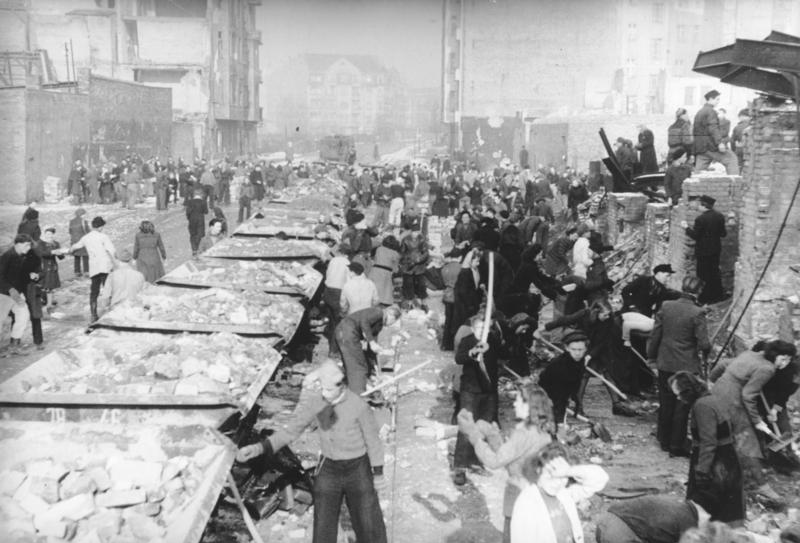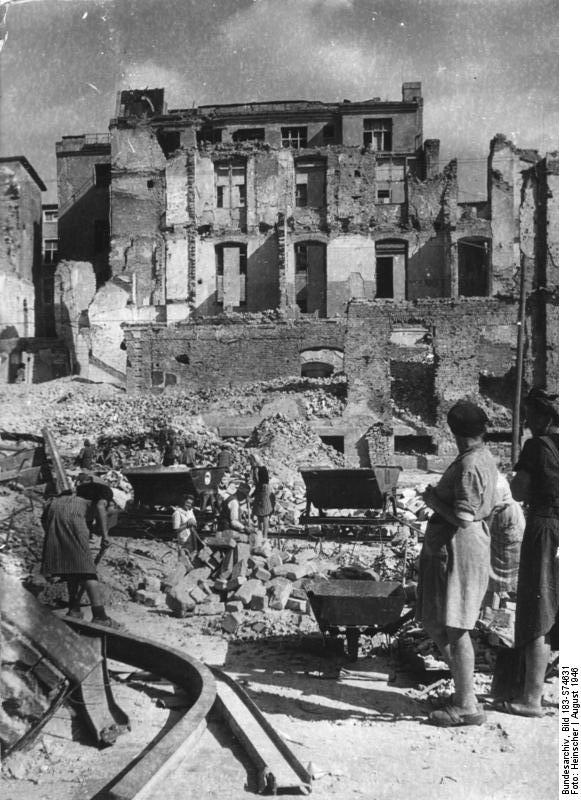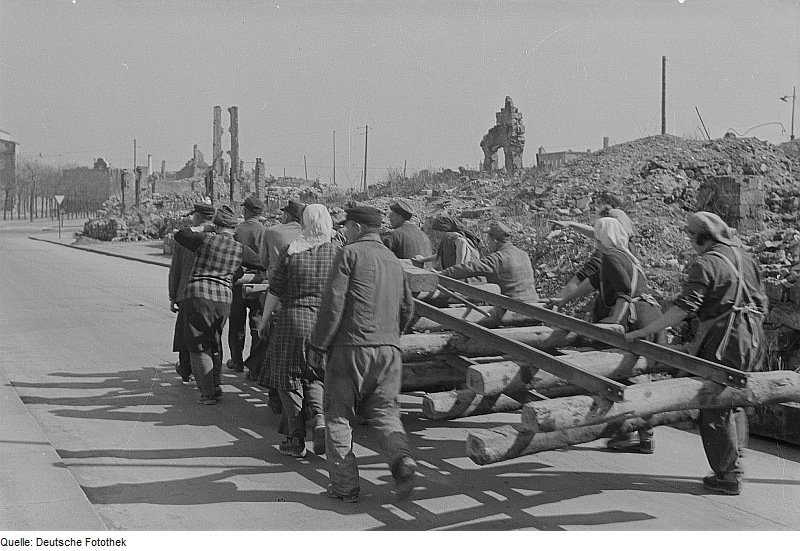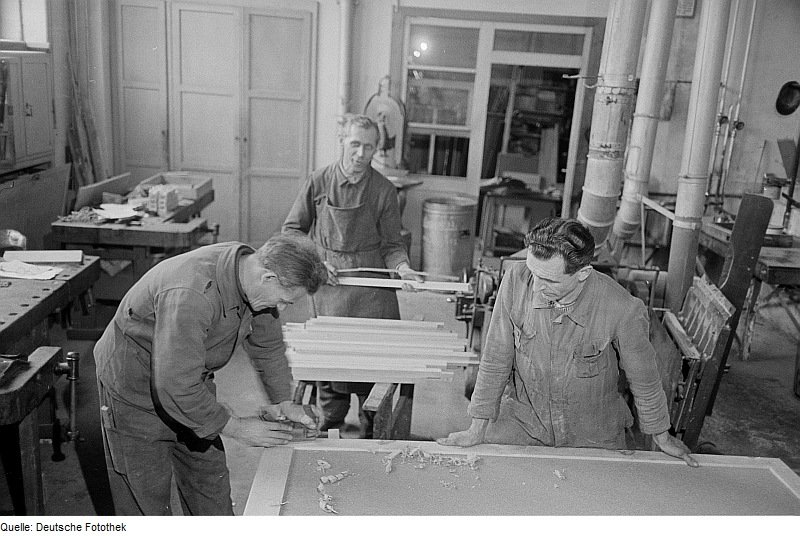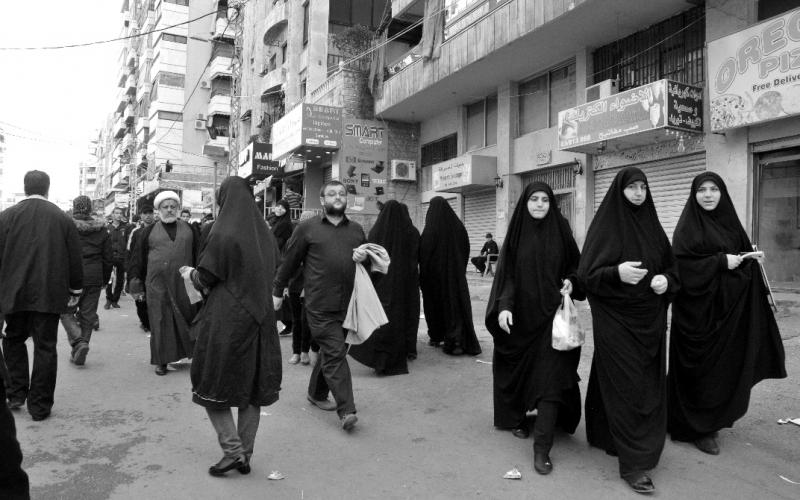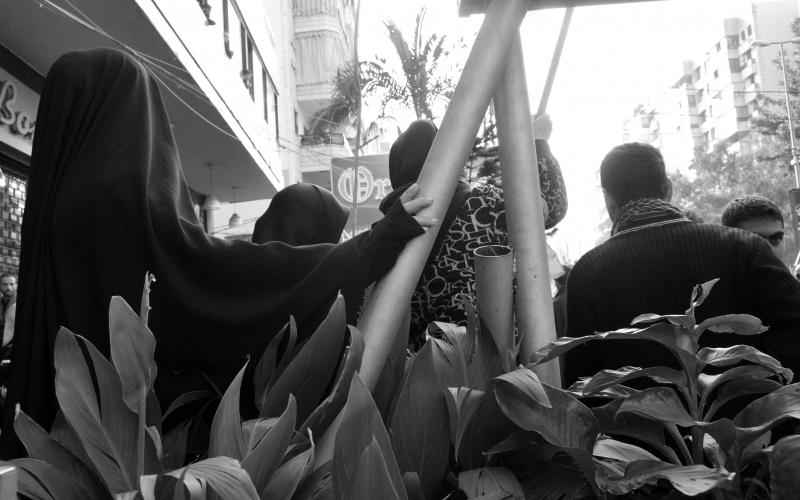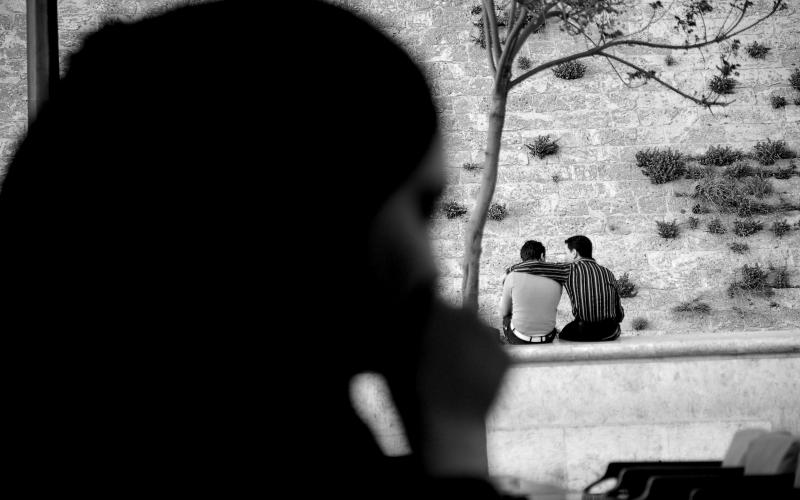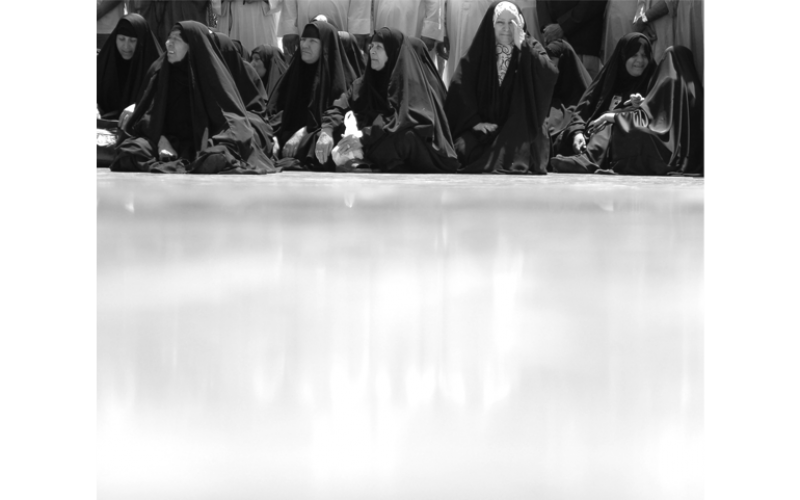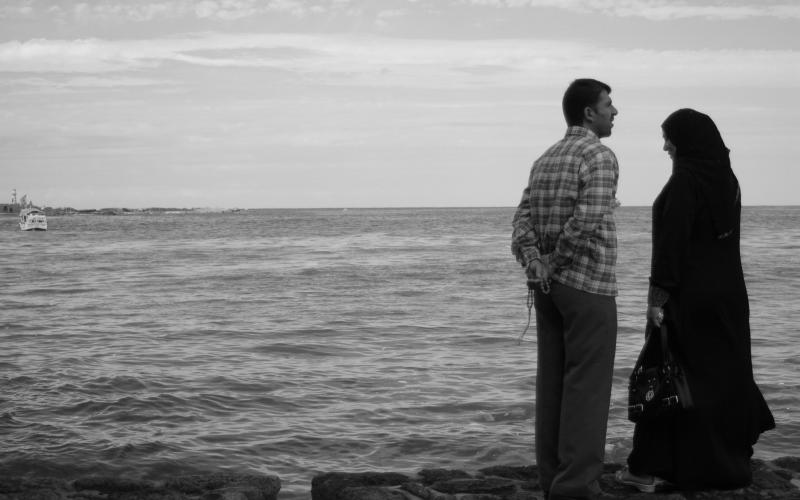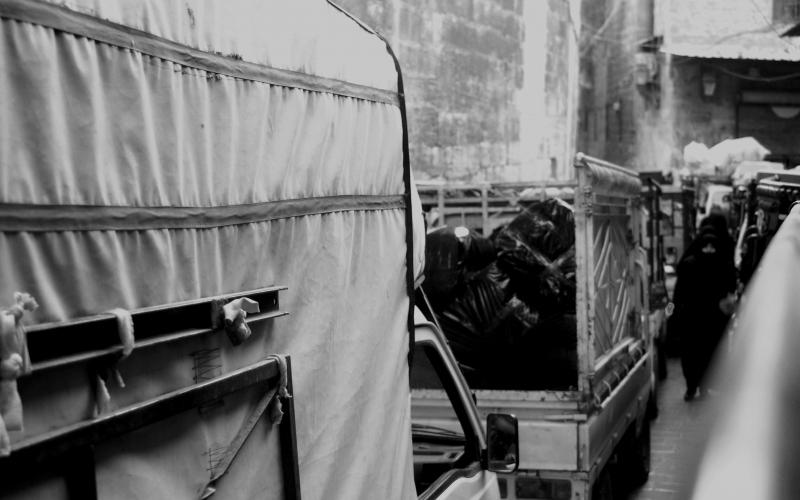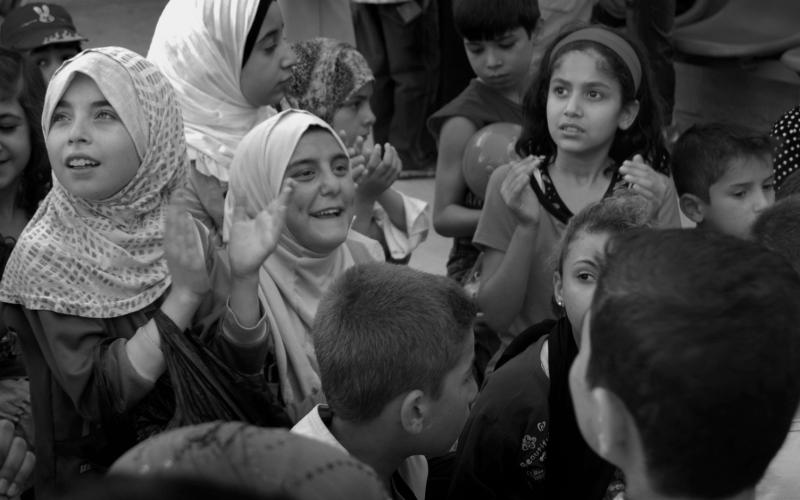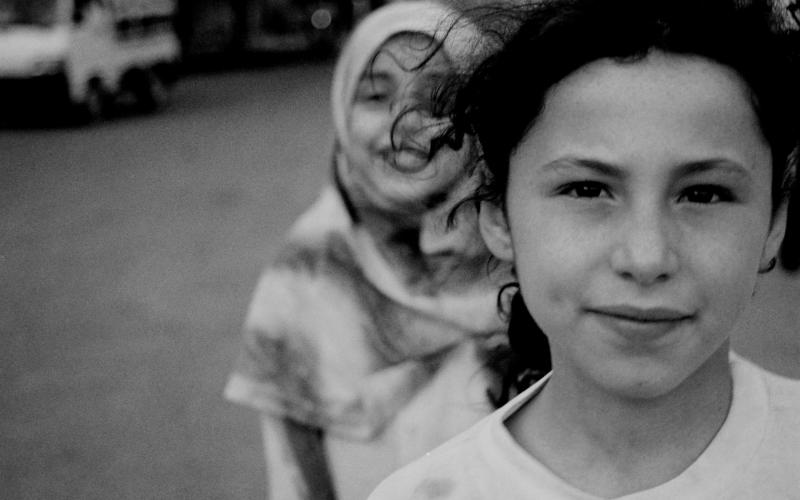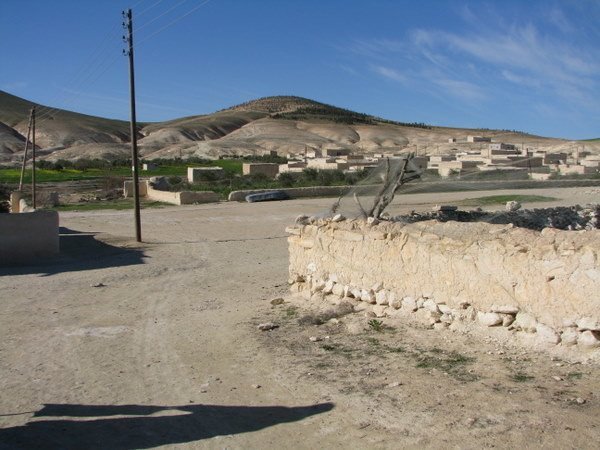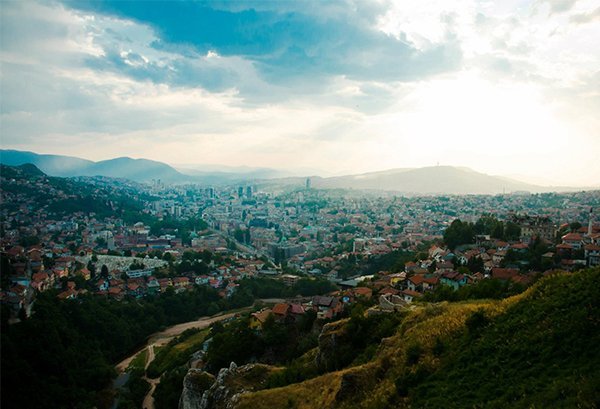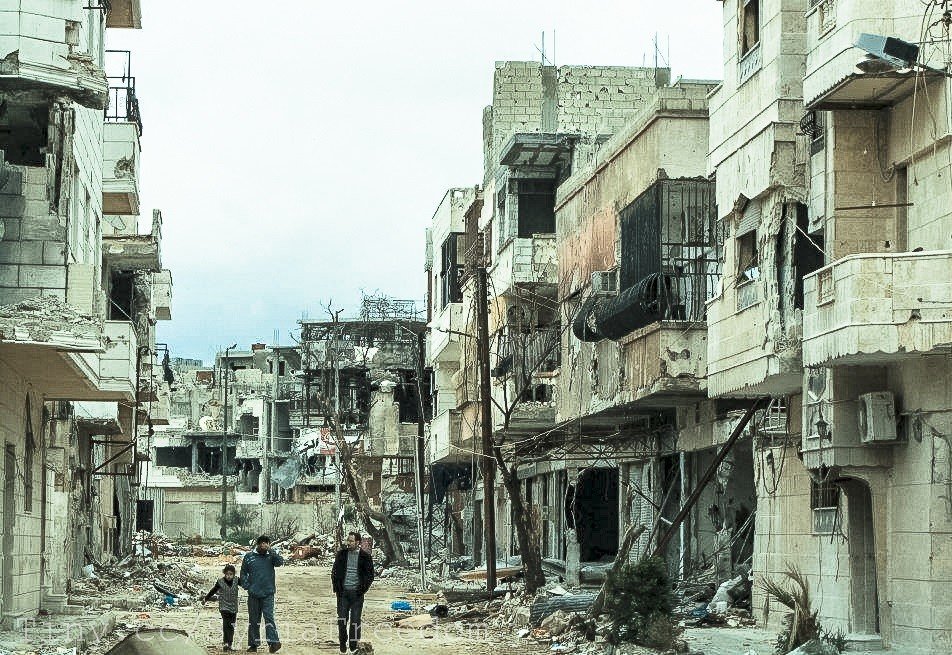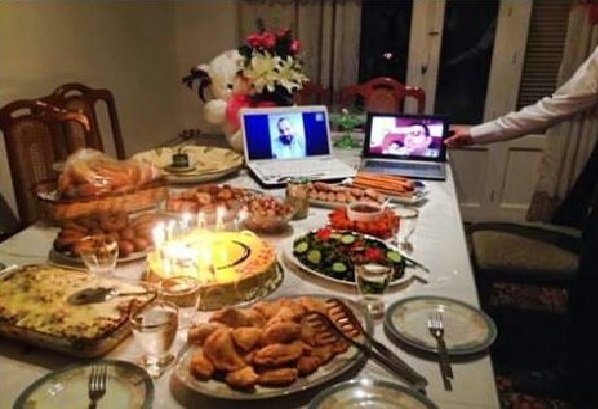Interview with Professor Jeffrey Diefendorf
Jeffrey Diefendorf has written several books about the reconstruction of both Germany and Japan after World War II. The Pamela Shulman Professor in European and Holocaust Studies at the University of New Hampshire, he has looked at the way planning shaped the rebuilding of post-conflict societies. He is the author or editor of eight books, including In the Wake of War: The Reconstruction of German Cities after World War II, The Rebuilding of Europe’s Bombed Cities, Rebuilding Urban Japan after 1945, and Transnationalism and the German City.
His work on Germany examines how the country managed an extremely rapid urban regeneration in a decentralised manner. Different cities approached the problems in various ways, often depending on how their planning departments functioned before the war. In the longer-term, one issue has become clear. Those cities that used the historic street plans and maintained traditional urban density have become more attractive places that those that opened up urban space in a modernist way.
Professor Diefendorf is currently looking at whether cities that are destroyed in civil wars recover in different ways to those damaged by inter-state conflict.
read more The Aleppo Project
The Aleppo Project